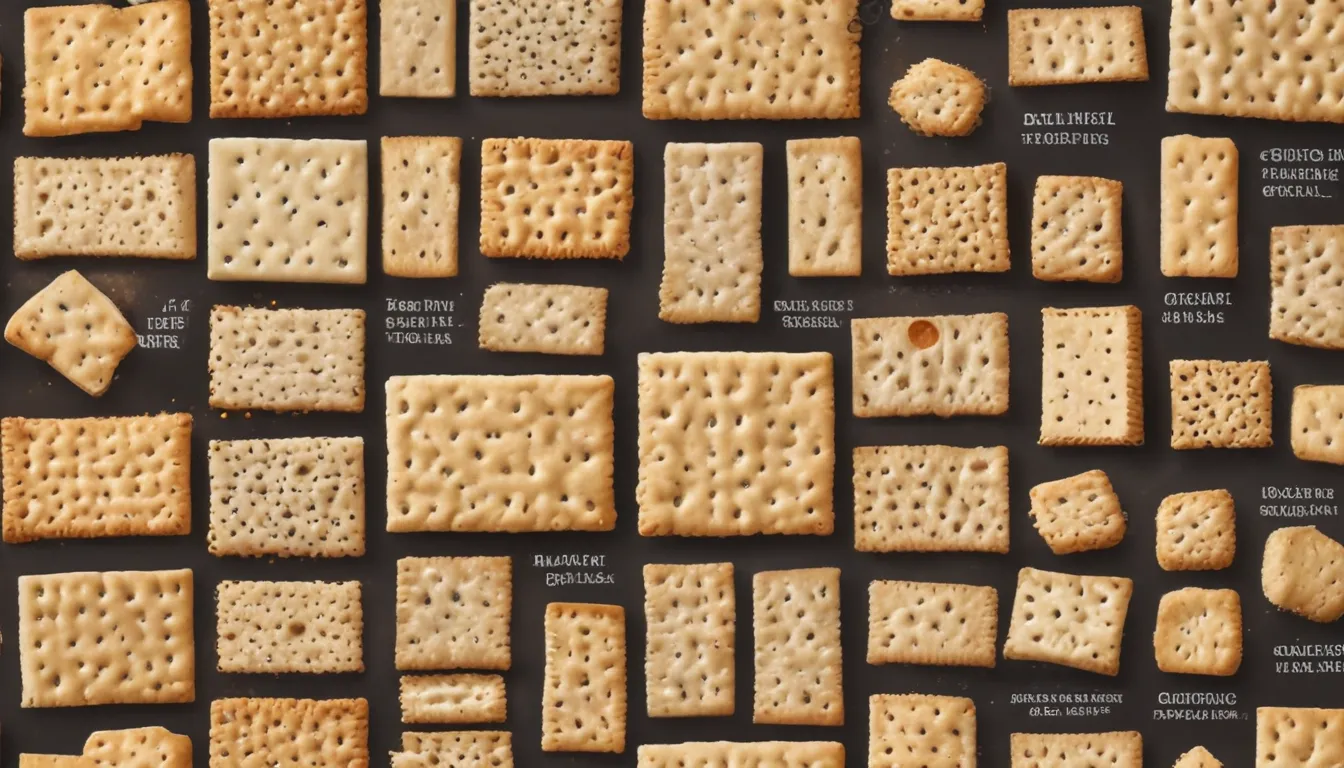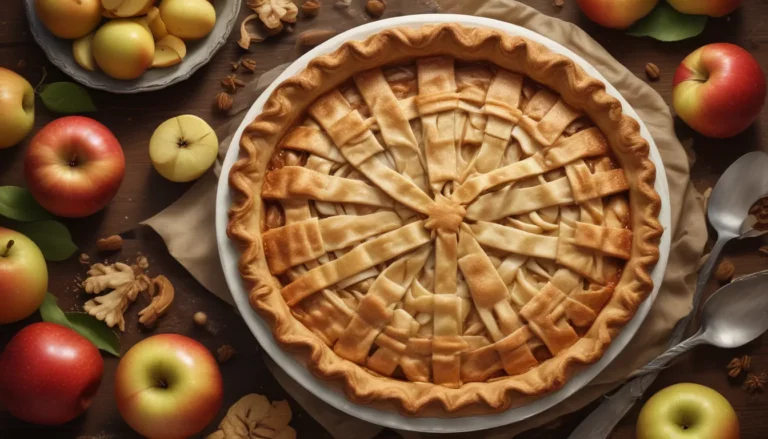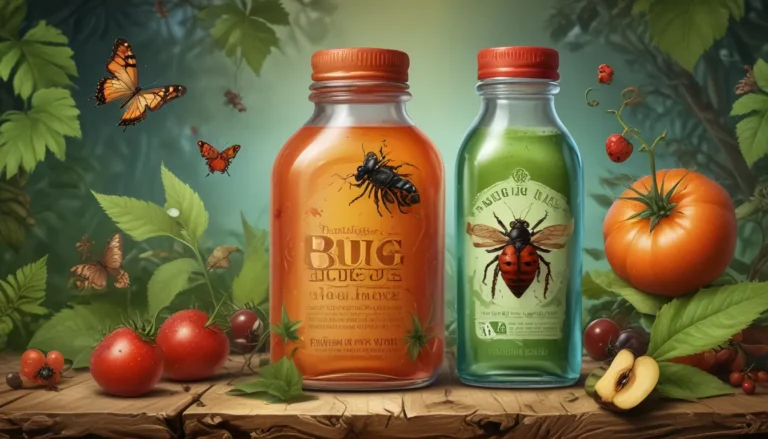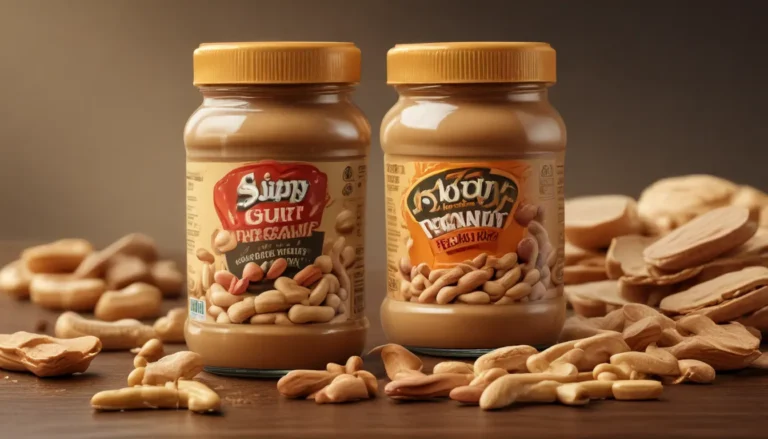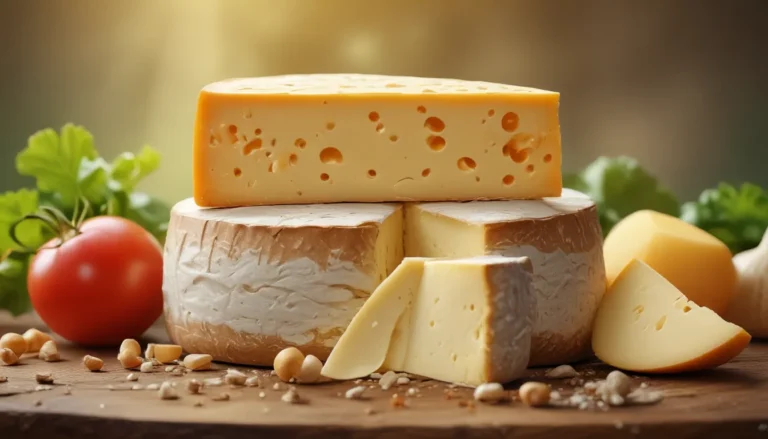The pictures in our articles might not always show exactly what the text is talking about. We use these images to make the article more interesting and eye-catching. They are there to add to the text, but not to replace it or show every detail.
Saltine crackers have been a beloved snack for many decades, offering a crispy, salty taste that appeals to people of all ages. In this comprehensive guide, we will delve into the nutrition facts of saltine crackers to help you make informed choices about this classic snack. From calories to vitamins and minerals, we will explore the benefits and potential drawbacks of enjoying saltine crackers.
Exploring Saltine Crackers Nutrition Facts
Saltine crackers may seem like a simple snack, but they have a unique nutrition profile that is worth discovering. Let's take a closer look at the key nutritional components of saltine crackers:
Serving Size and Calories
A standard serving of saltine crackers is about 5 crackers, which equates to approximately 70 calories. These low-calorie snacks are a convenient and versatile option for portion control.
Carbohydrates and Fat Content
Saltine crackers are a good source of carbohydrates, providing around 12 grams per serving. They are also low in fat, with only about 0.5 grams per serving.
Protein and Fiber
While saltine crackers are low in protein, offering only 1 gram per serving, they also contain minimal fiber content, usually less than 1 gram per serving.
Sodium and Sugar Levels
Known for their salty taste, saltine crackers typically contain 200-300 milligrams of sodium per serving. They are also low in sugar, with less than 1 gram per serving.
Vitamin and Mineral Content
Saltine crackers are not a significant source of vitamins and minerals, although they may contain small amounts of certain B vitamins, iron, and calcium.
Benefits of Enjoying Saltine Crackers
Despite their modest nutritional profile, saltine crackers offer several benefits that make them a popular snack choice:
- Gluten-Free Options: There are gluten-free versions of saltine crackers available for individuals with gluten intolerance or celiac disease.
- Low in Cholesterol: Saltine crackers are low in cholesterol, making them suitable for those watching their cholesterol intake.
- Versatile Snack: Saltine crackers can be enjoyed on their own or paired with various toppings, such as cheese or spreads.
- Portion Control: Due to their pre-portioned size, saltine crackers can help with portion control while snacking.
- Long Shelf Life: Saltine crackers have a long shelf life and can stay fresh for an extended period when stored properly.
Incorporating Saltine Crackers Into Your Diet
If you enjoy saltine crackers, there are various ways to incorporate them into your diet while maintaining balance:
- Dietary Restrictions: Individuals following specific dietary restrictions, such as vegetarian or kosher diets, can often consume saltine crackers.
- Convenience: Saltine crackers are a convenient snack option that can be easily packed and taken on the go.
- Popular Ingredient: Saltine crackers are sometimes crushed and used as a coating or binder in various recipes.
Conclusion: Making Informed Choices
In conclusion, understanding the nutrition facts of saltine crackers can help you make informed dietary choices. While they may not be a significant source of vitamins and minerals, saltine crackers can be enjoyed as part of a well-rounded diet when consumed in moderation. By being mindful of portion sizes and balancing them with nutrient-dense foods, you can continue to enjoy the satisfying crunch of saltine crackers without compromising your health.
FAQs About Saltine Crackers
Q: How many calories are in a serving of saltine crackers?
A: On average, a serving of six saltine crackers contains around 70-80 calories.
Q: Can I include saltine crackers in a low-sodium diet?
A: Opting for low-sodium or unsalted versions or consuming them in moderation can help reduce sodium intake.
Q: Do saltine crackers provide any nutritional benefits?
A: While they are a source of carbohydrates, saltine crackers are not particularly nutrient-dense and may not offer significant amounts of vitamins or minerals.
Stay tuned for our upcoming article on unsalted saltine crackers, where we will compare them to their traditional counterparts in terms of flavor, texture, and overall health benefits. Whether you're a die-hard saltine fan or looking to make a healthier swap, this article will provide the information you need to make an informed decision.
We are committed to providing trustworthy and engaging content, contributed by real users like you. Our dedicated editors ensure the highest standards of accuracy and reliability in every fact we share. Explore and learn with us, trusting in our commitment to quality and authenticity.
